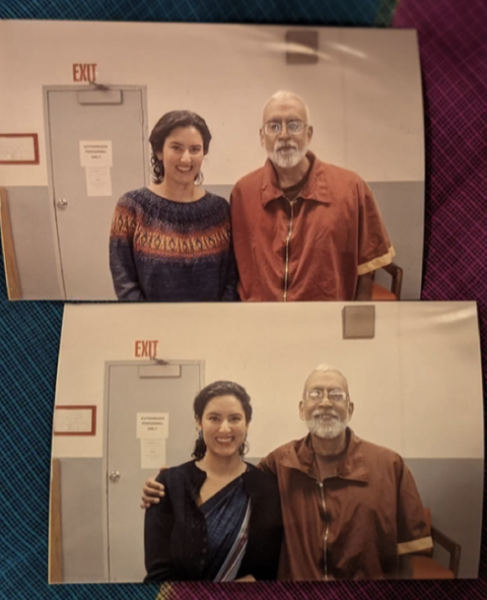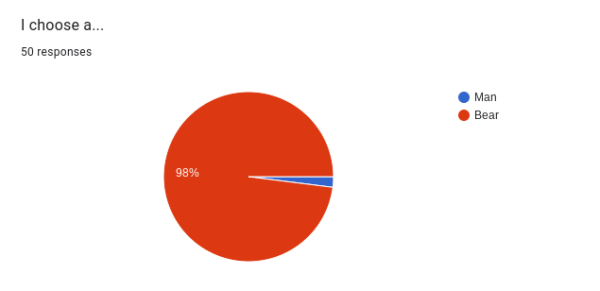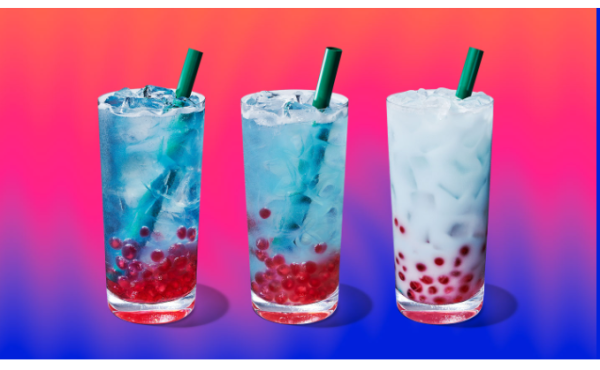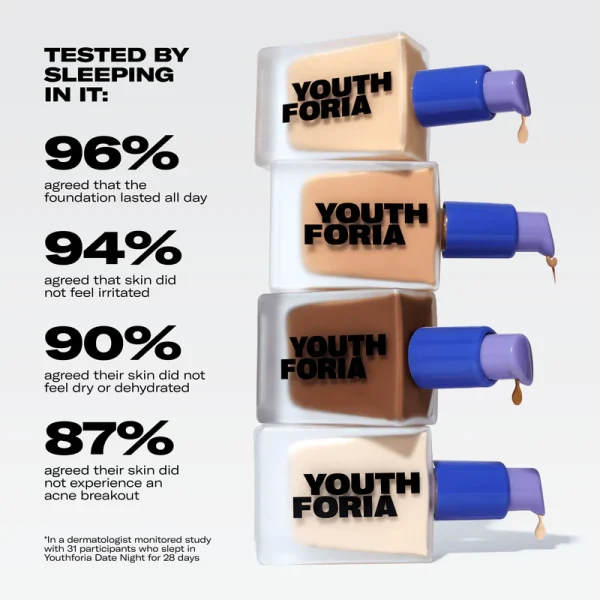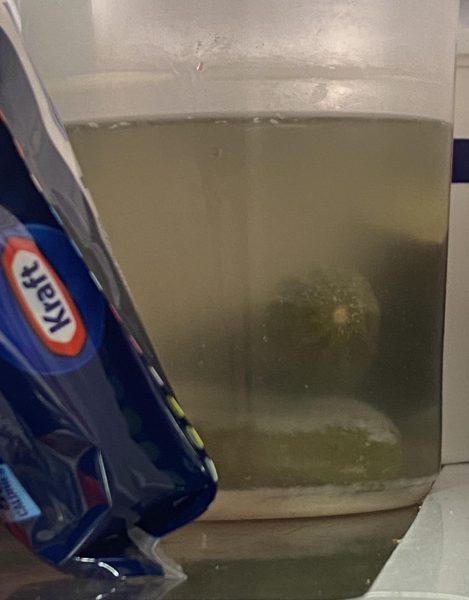Why the Controversy Surrounding the New Little Mermaid is Dumb

Halle Bailey portrays the classic Little Mermaid in Disney’s new live action adaptation. Photo from Disney.
November 3, 2022
On September 9, Disney released a teaser for their new live-action adaptation of the classic, “The Little Mermaid”. Only 1 minute and 23 seconds long, it contained a few shots of a sunken ship before showing the titular Little Mermaid, played by actress and singer Halle Bailey. While only a short teaser intended to drive up excitement toward the movie (set to come out in 2023), it generated quite a lot of controversy.
Many people over the internet were angered by Disney’s decision to cast a Black woman, Halle Bailey, as the originally white Ariel. The hashtag #notmyariel gained millions of tweets, and many called for a change of casting or even to boycott the movie. The issue many people had with the casting was not based on the technical merit of Halle Bailey, but on her race; they wanted a white actress to play the role of Ariel.
The new Little Mermaid movie is based on the 1989 Disney animated film, which is in turn based on the fairy tale by Hans Christian Andersen, published almost 200 years ago. Some people claim that because the original fairy tale was written by a white author, and seems to take place in Denmark (a country in Europe), the original mermaid must have been white. While that may be true, that doesn’t mean that future interpretations of this tale should follow the same rules. In fact, even the 1989 Disney adaptation didn’t follow the original fable at all. In the book, the Little Mermaid (who doesn’t even have a name in the book) gets rejected by the prince and tries to kill him before committing suicide. Obviously, these grisly details weren’t included in a film for children, but why are none of the people complaining about a Black Ariel also complaining about these major inaccuracies?
Sila Guler, a junior at State High, thinks that the controversy surrounding the casting is overblown. She said, “There isn’t really a problem with the live-action Ariel being a different race than she is in the original. It’s a cartoon character.”
Guler went on to say “if it really makes people that upset to see something they didn’t expect to see they should just not watch it.”
Another argument often used is that the act of replacing a previously white character with a Black actor is racist. However, this happens all the time, but in reverse. Many comic books and fictional characters that were originally portrayed as POC were later recast as white actors. An example of this is DC’s Ra’s al Ghul. who Typically depicted as Arabic for many years of comics, he was played by a white Liam Neeson in the 2005 movie Batman Begins. Another example, also from DC, is Catwoman. Catwoman was typically a mixed Cuban woman but was played by Anne Hathaway, a white actress, in 2011.
So clearly this type of race swapping for live-action remakes has been going on for a while. There is no problem with swapping the race of a character unless the race of said character is relevant to the narrative. For example, casting a white actor to play Black Panther would be ridiculous, as his racial background is very central to his identity. It would also be wrong to cast a Black actress to play a live- action Merida (from the Disney movie Brave), as her Scottish ethnicity is important to her character.
But even if there’s nothing wrong with casting a Black woman to play Ariel, why do it? Well, there was a flip side to all the online hate over the new casting. Many videos went viral of young Black girls reacting to the trailer with glee. For many young POC, especially girls, it can be difficult to find a character that looks like them in movies and shows. So while a different actress doesn’t really take effect on someone like me, this much needed representation is incredibly important for millions of people around the world, especially young children.




